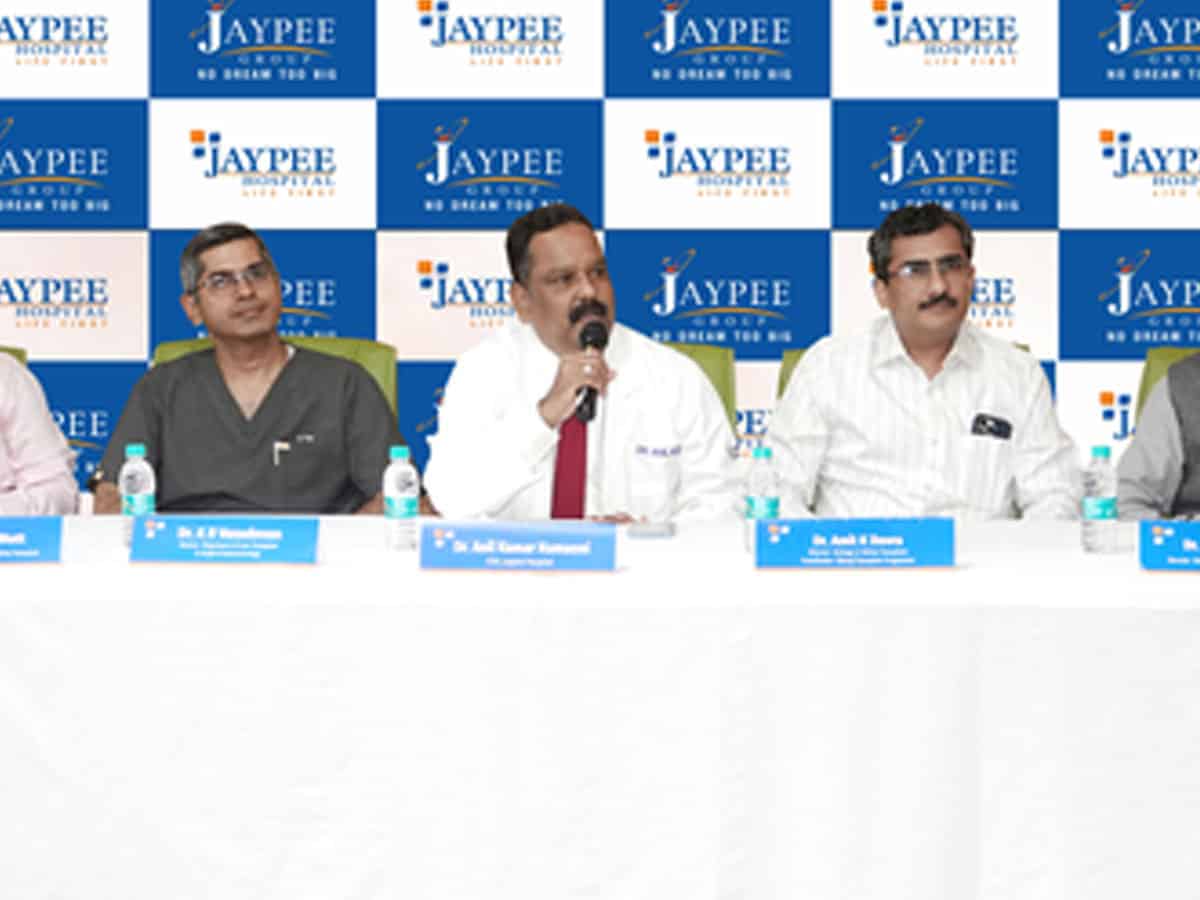
New Delhi/Noida: India has witnessed a remarkable 27 per cent growth in organ transplant numbers, however more needs to be done as there is a critical demand for organ replacement in the country, with around 50,000 individuals awaiting transplants, experts said on Saturday.
The country recorded around 15,000 organ transplants in 2022, underscoring the importance of boosting organ donations to save more lives, according to data from the National Organ and Tissue Transplant Organisation (NOTTO).
Despite the progress, India’s organ donation rate stands at approximately 0.52/million populations, emphasising the need for further efforts to bridge the gap between demand and supply.
“Increasing organ donation rates remains vital to meet the demand and enhance patients’ quality of life. With successful 350 liver transplants and 890 kidney transplants, Jaypee Hospital continues to make a significant impact in saving lives,” said Dr Manoj Luthra, CEO and Director, Jaypee Hospital.
The World Organ Donation Day is observed every year on August 13 to encourage people to become an organ donor and to clear up misconceptions about organ donation.
“India loses around 2 lakh kidneys and other vital organs annually, underscoring the need for collective efforts to increase cadaver donations. If we properly harvest even 5-10 per cent of all brain deaths for organ donation, it could render the need for living donors obsolete,” according to Dr L.K. Jha, Director and Senior Consultant-Nephrology and Kidney Transplant at Dharamshila Narayana Superspeciality Hospital Delhi.
Among the 15,000 transplants performed in 2022, kidney transplants accounted for a lion’s share of 11,423 procedures. This number pales in comparison to an estimated 200,000 cases of renal failure each year.
Dr Amit K Devra, Director, Coordinator Kidney Transplant Programme, Department of Urology and Kidney Transplant, Jaypee Hospital said that kidney transplantation, a life-saving procedure, can be facilitated through living or cadaver donors.
“Living donors, typically family members or extended family members, voluntarily donate one of their kidneys. Cadaver organ donors are deceased individuals with brain dead whose organs are donated for transplantation after meeting certain criteria. Both types of kidney donation offer hope to patients with end-stage renal disease, providing an opportunity for improved quality of life and enhanced longevity,” he noted.
On liver transplants, Dr K.R. Vasudevan, Director, Department of Liver Transplant Jaypee Hospital said it offers hope to end-stage liver disease patients, providing a second chance at life. Rigorous evaluation ensures safety and compatibility.
“The liver’s exceptional regenerative capacity allows it to restore its original size after donation, making living donor transplants a remarkable advancement in saving lives,” he added.



